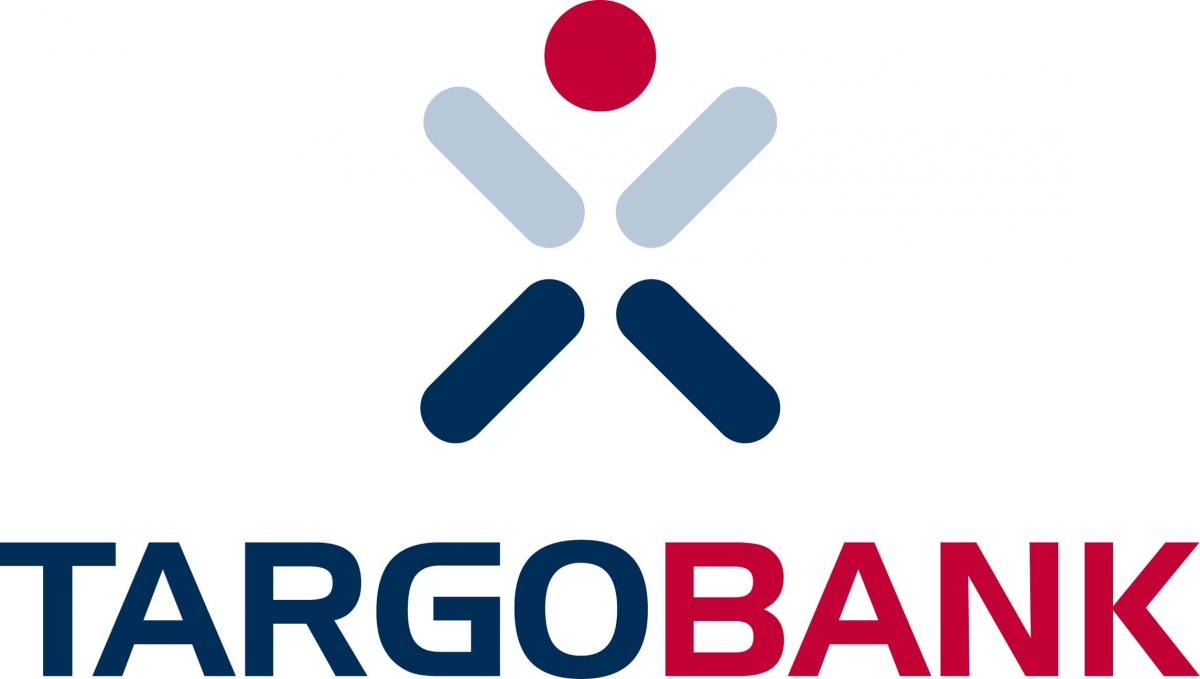My professional experience as a credit analyst at Targobank

In this article, Matthieu MENAGER (ESSEC Business School, Bachelor in Business Administration (BBA), 2017-2021) shares his professional experience as credit analyst at Targobank (a subsidiary of the Crédit Mutuel group).
The Company
Targobank, a subsidiary of the Crédit Mutuel group, is a German bank operating mainly in the retail and corporate customer segments. Founded in 1926, it is one of the major players in Germany. With €2.6 billion in equity (8.6% of its total liabilities), Targobank AG generated €1.2 billion in income and interest in 2021.
Targobank has 7,000 employees in 2022.
The Crédit Mutuel Alliance Fédérale group is one of the largest and financially strongest banks in Europe (18 billion euros in interest and similar income in 2022), with a very good credit rating (S&P: A). It combines the advantages of a cooperative bank with strong local roots with those of an international bank, Crédit Industriel et Commercial.
Logo of the company.

Source: Targobank.
What is really a credit analyst?
Credit analyst is an important position in the organization of a bank. It generally belongs to the back office (in my case I was in the front office). This department determines a company’s ability to repay one or more different types of loan (syndicated loan, current account overdraft, club deal, etc.) and the degree of risk for the bank. It carries out a financial, macroeconomic, microeconomic, CSR (Corporate Social Responsibility) and overall analysis of all the criteria that can have an impact on repayment capacity.
In addition to carrying out a complete analysis on established customers and prospects (potential new customers), the credit analyst must also ensure that the systems are properly maintained (internal rating commitments, updating the group’s status, etc.). This is a task that should not be neglected, as it allows all the other divisions to be informed about the situation of each agency.
What were my missions in the VIE ?
I arrived in June 2022 as a VIE (Volontariat International en Entreprise in French) for a period of 1 year and 6 months (I’ve extended by 4 months until April 2024). My objective at Targobank was initially, to look after the 42 existing customer files at our Frankfurt branch by carrying out each year either a simple annual review (simple review of our borrower’s group without any major decisions), a renewal (complete review and renewal of one or more lines that are due to expire at the time of the administrative deadline for the file), or a new application (complete review and new application(s) in addition to the review or renewal of other existing lines).
We offer companies every possible type of loan (traditional loans, facilities, leasing, factoring, SDM, or even guarantees). I also analyze certain prospects to determine whether they could become our customers. This analysis can have several objectives: either the customer is solid and profitable or belongs to a group with which we would like to have a future commercial relationship.
Finally, it is also my task to keep the various files on our internal systems up to date. I’m in constant contact with the Back Office to obtain the various documents needed to carry out internal tasks. These tasks may include filling in financial data, listing the various commitments, updating the company’s status, etc.
Required skills and knowledge
To be a credit analyst, you need several hard skills. You need to know how to use Excel and all the internal programs (we have a few days to familiarize ourselves with the systems), you need to be able to produce complete and concise analyses (financial, risk, data, etc.), you need to have a good grasp of accounting and be able to draw up financial forecasts. In my personal case (I work in Germany), I also need to be able to speak several languages (German, English and French).
Soft skills are just as important as hard skills. As a credit analyst, you have to turn in reports on time. You have to be meticulous about every detail so as not to mislead those who are going to validate the reports (commitments can amount to €20 million). Another skill is knowing how to collaborate and communicate with your team in order to provide the best file based on the various documents obtained. Finally, it is important to manage time and stress so as not to make mistakes when sending the report to the committee.
What I have learnt
During my almost two years in banking, I was able to broaden my knowledge of the world of finance. I worked in many different sectors and was able to get familiar with several other finance-related jobs (leasing, back office, etc.). My analysis of different financial situations has only improved and I’m now very comfortable with technical terms and their repercussions on a company. I can quickly form an initial impression of a group by carrying out a simple financial and market analysis. I’m also increasingly careful in my research to avoid being misled by a group’s appearance (some groups may claim to be doing well but are actually in decline).
My communication (email exchanges, Skype, Meeting Calls) has also improved. I try to give clear, concise answers so that I don’t get bogged down in a flood of emails and so that my interlocutor and I waste as little time as possible.
I’ve also acquired knowledge of the different markets (trends, clients, best manufacturers, etc.) in which I’ve worked (construction, pharmaceuticals, automotive, etc.). This is a quality that could be very useful to me in any field in which I might later wish to work.
Financial concepts related my internship
Group Annual Report
A group’s annual report is essential to its analysis. It must or may be published depending on a number of conditions and the surrounding standards (IFRS or HGB in Germany). The annual report provides a detailed picture of the group’s profitability (income statement), financial strength (balance sheet) and liquidity (cash flow statement). Annual reports also include a market analysis and financial forecasts (PLAN and FORECAST).
Environmental Social Governance (ESG)
Environmental Social Governance (ESG) is playing an increasingly important role in finance. For some time now, I have had to carry out an internal analysis of these 3 non-financial factors for each group and assign a rating, which can have an impact on the increase or decrease in financial interest on each commitment. The group must pay attention to its carbon footprint, diversity within the group, and the health and well-being of its employees.
Covenant
A covenant is a clause in a contract that allows the loan to be repaid if targets are not met. Covenants often relate to financial aspects and require the Group to send a Compliance Certificate, which verifies whether or not the objectives have been met and which is to be delivered on the date specified in the contract. Examples of covenants I have dealt with are: leverage >3.0x; Maintain equity >= 30%; or Gearing <100%.
Why should I be interested in this post?
If you’re interested in the world of finance, the position of credit analyst will undoubtedly be very popular. You’ll be exposed to several areas of finance, you’ll acquire a lot of knowledge and skills, and you’ll be responsible for monitoring several files. It’s a job that requires a lot of qualities and rigor, but also a lot of experience and knowledge. You’ll be doing financial analysis, macroeconomic analysis, microeconomic analysis, ratings, reports, simplified excel sheets and lots of other tasks.
I’d highly recommend the job and I’d advise starting out in a banking institution. It will be easier to get into the swing of things in a bank because you have less risk-averse credits. You could then consider joining an investment fund, where the decisions taken will have greater importance.
Related posts on the SimTrade blog
▶ All posts about Professional experiences
▶ Arthur EVERARD My experience as a Real Estate Analyst at Eaglestone
▶ Aamey MEHTA My experience as a credit analyst at Wells Fargo
▶ Bijal GANDHI Credit Rating
▶ Raphaël ROERO DE CORTANZE Credit Rating Agencies
▶ Jayati WALIA Credit risk
Useful resources
About the author
The article was written in January 2024 by Matthieu MENAGER (ESSEC Business School, Bachelor in Business Administration (BBA), 2017-2021).
